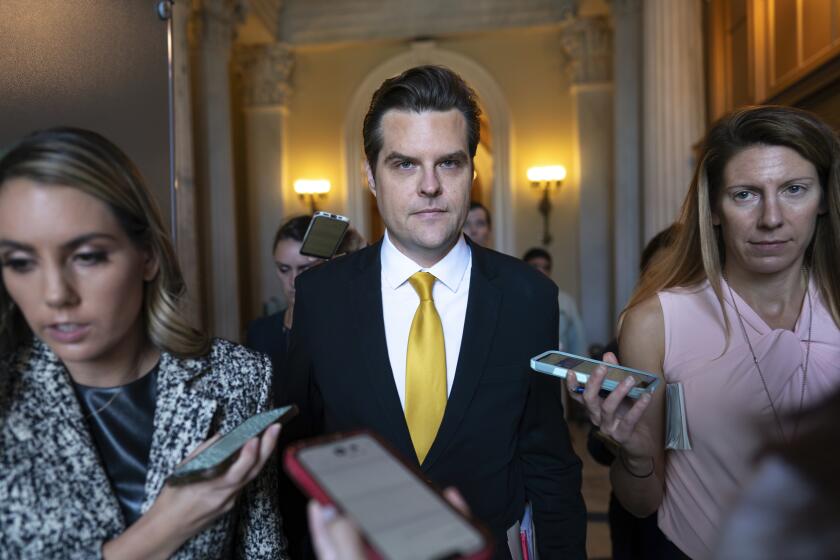Spying on the AP
When the government obstructs the ability of a news organization to do its job, the most important victims are not journalists but readers. That’s why long-standing guidelines set clear limits on how Justice Department prosecutors are expected to behave when interacting with the news media. “In recognition of the importance of freedom of the press to a free and democratic society,” the government’s own rules say, subpoenas for reporter’s records or notes must be personally authorized by the attorney general, may be issued only after other sources are exhausted and are expected to be limited in scope to avoid gratuitous invasion into news gathering.
Yet no such restraint or respect for limits was evident in the government’s wholesale sweeping up of phone records of the Associated Press, which was disclosed this week.
The records appear to have been seized as part of an ongoing investigation into who leaked details to the AP in 2012 about a foiled terrorist plot in Yemen. On Monday, the AP said that the government had gathered information from at least 20 phone lines, including the personal cellphones of some reporters and an editor, as well as the main switchboard of the AP’s Washington bureau. Although the contents of the calls were apparently not recorded, ingoing and outgoing numbers were included in the information provided by the phone companies.
It’s easy to see why investigators might want that information. If they can connect phone numbers belonging to government officials with reporters who put together the story, prosecutors may be able to figure out who leaked the information.
The AP described the seizure of the records as an “unprecedented intrusion.” Sadly, that’s not true. In fact, the Obama administration has been overzealous and irresponsible in its pursuit of leakers, aggressively striking back when it believes government officials may have illegally shared information with reporters. James Risen of the New York Times, for instance, had personal phone and bank records seized by the government as it attempted to uncover his sources. And authorities have launched five other such cases in recent years, more than any previous administration.
These inquiries are often protracted and fruitless, but their real cost lies elsewhere. The reason for limiting Justice Department searches of journalists and news organizations is that the nation benefits from aggressive reporting that holds government to account. Retaliatory leak investigations and unjustified, open-ended searches such as that performed on the AP discourage that reporting and cow sources into submission. Such searches may simplify the work of investigators, but they thwart the larger purpose of free debate, a grave sacrifice indeed. What’s good for Justice may be bad for justice.
More to Read
A cure for the common opinion
Get thought-provoking perspectives with our weekly newsletter.
You may occasionally receive promotional content from the Los Angeles Times.










